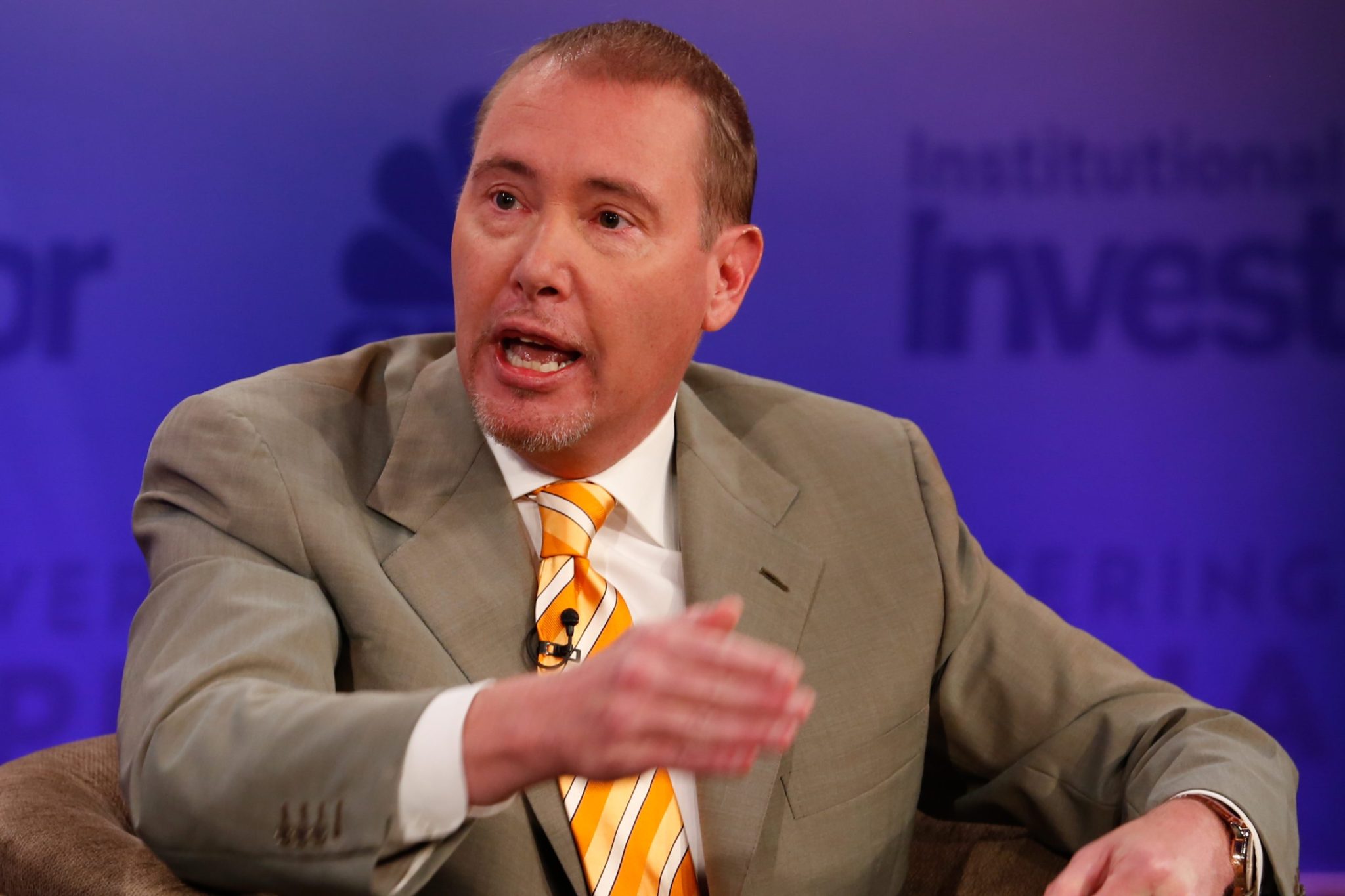
The U.S. is reaching a fork in the road and the Federal Reserve is going to have to make a fateful decision.
That is at least the opinion of Jeffrey Gundlach. The founder, CEO and chief investment officer of DoubleLine Capital, which manages over $92 billion in assets, is one of the most closely followed whales on Wall Street.
Either Fed Chair Jay Powell can continue raising rates to tackle painfully high inflation before it takes root, or he can cut them to stabilize ailing lenders and prevent a potential system-wide crisis from unfolding in the banking industry, according to Gundlach. In his view, there is no middle road.
“You can’t have it both ways,” he told CNBC on Monday. “You can’t have your cake and eat it too.”
Last week, the Fed hiked the fed funds rate—its core target interest rate—by a quarter of a point, despite mounting concerns around the health of the U.S. banking sector. The central bank insisted at the time that the American banking system was "sound and resilient."
With the two-year Treasury note trading at 4%—nearly a full point below the fed funds rate in a signal bond investors are already beginning to price in rate cuts—the DoubleLine boss said on Monday that the odds were better than even the Fed is through tightening.
Market conditions and the current crisis in confidence already appear to be helping the Fed cool off inflation, he suggested. Regional lenders struggling to prevent deposit outflows to larger rivals like J.P. Morgan and Citigroup are now beginning to turn off the flow of credit to local businesses.
It is therefore only a matter of time before the economy starts to contract, according to Gundlach.
“I think the recession is here in a few months,” he predicted.
Gundlach’s belief that the Fed must choose which crisis it prioritizes comes after European Central Bank president Christine Lagarde said her institution believed tackling both was not mutually exclusive.
“In my mind, and in the mind of the governing council, there is no tradeoff between price stability on the one hand and financial stability on the other hand,” she told legislators during a European Parliament committee meeting on March 20th.
Europe's lenders still fragile compared to U.S. peers
Earlier this month, Lagarde asserted she stood ready to assist lenders with a toolkit her institution already made extensive use of during the pandemic to ensure solvent banks looking to borrow cash had unrestricted access to ECB liquidity in the case of tightening market conditions.
This featured a range of measures such as an expansion of eligible collateral to include everything from foreign currency loans to other unconventional credit claims not typically accepted, as well as a reduction in the haircuts applied to debts pledged as security.
“We do have extensive facilities, more so by the way than the Fed in terms of size of the collateral pools and facilities, and we can do more if necessary,” she told reporters on March 16th.
She said she believes the policies needed to combat inflation and those that can prevent a destabilizing credit crunch are totally different sets of tools.
Asked by CNBC whether he found Lagarde’s argument at all convincing, Gundlach didn’t hesitate in his conviction.
“I strongly disagree with that,” he replied.
The DoubleLine CEO, who became known as the "Bond King" after outperforming his rival bond-fund managers, said there was a reason the stock prices of European lenders like Deutsche Bank and Société Générale never recovered from the U.S. subprime mortgage meltdown, while those of their transatlantic peers like J.P. Morgan, Wells Fargo and Bank of America had long since bounced back to pre-subprime crisis levels.
“It seems to be that there’s obvious financial fragility in Europe,” he argued.







